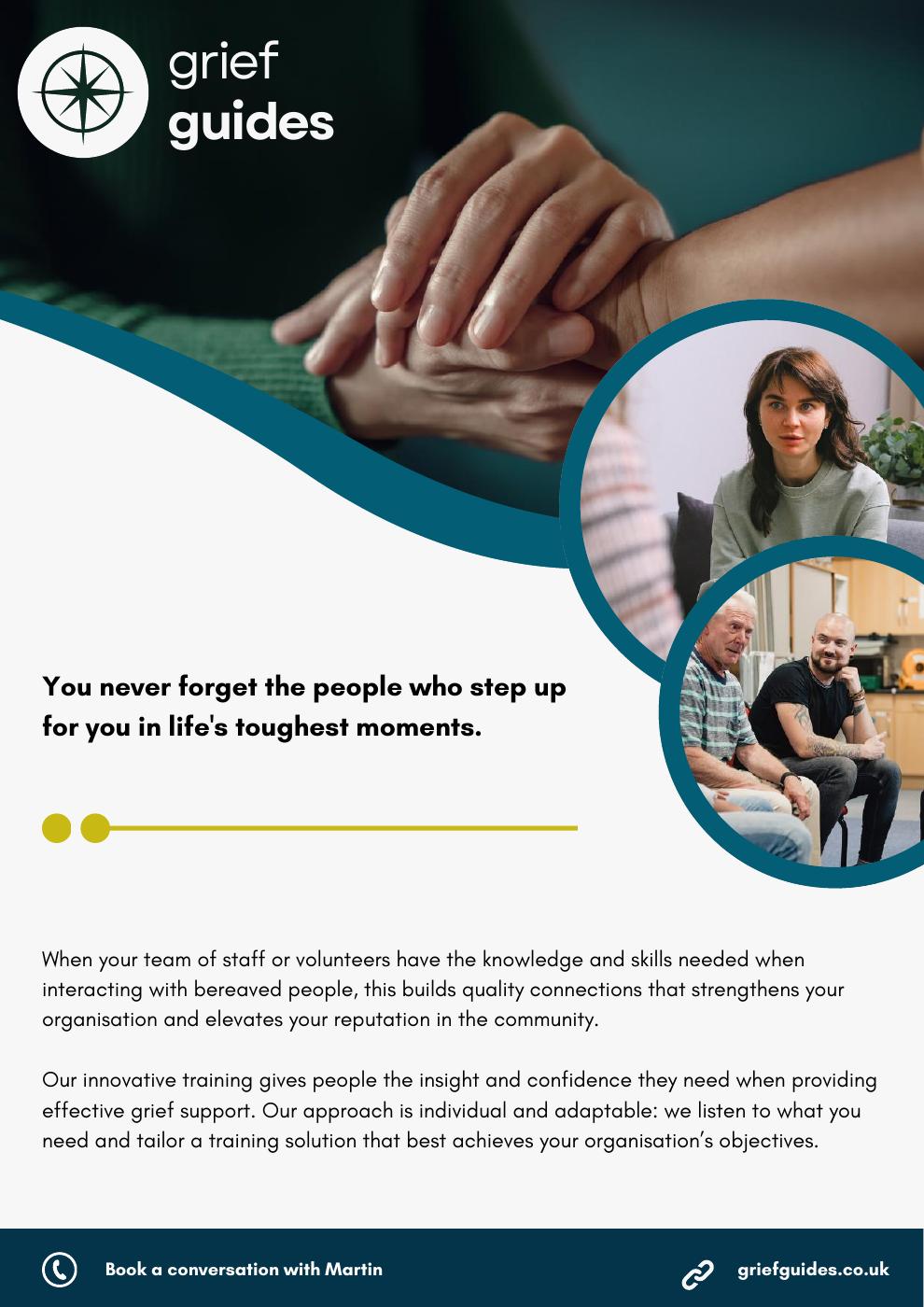
I eat the same breakfast every day.
Scrambled eggs, little bit of cheese, strong coffee.Same cup. Same plate. Same routine.
And no, it’s not because I’m boring, far from it. It’s how I hold my world together. Predictability. Routine.
When you're neurodivergent, these seemingly little things — routines, rituals, habits — are actually our scaffolding. They hold us up.
So when grief knocks out one part — like the person who used to text at 9 a.m., or the quiet rhythm of lunch at a certain time, or the ability to follow a familiar routine — the whole structure starts to shake. And that can throw off our internal system in ways you might never notice unless you’re looking.
Unless you know what to look for.
Join us on Wednesday, July 9, 2025 at 1pm for our free webinar: The Neurodivergent Experience of Grief & Loss. It’s for anyone who wants to offer better support to neurodivergent people — whether you’re a therapist, friend, partner, or just someone who cares. Understanding is the first step to offering support that feels safe.
Because sometimes the biggest feelings show up in the small disruptions.
Scrambled eggs, little bit of cheese, strong coffee.Same cup. Same plate. Same routine.
And no, it’s not because I’m boring, far from it. It’s how I hold my world together. Predictability. Routine.
When you're neurodivergent, these seemingly little things — routines, rituals, habits — are actually our scaffolding. They hold us up.
So when grief knocks out one part — like the person who used to text at 9 a.m., or the quiet rhythm of lunch at a certain time, or the ability to follow a familiar routine — the whole structure starts to shake. And that can throw off our internal system in ways you might never notice unless you’re looking.
Unless you know what to look for.
Join us on Wednesday, July 9, 2025 at 1pm for our free webinar: The Neurodivergent Experience of Grief & Loss. It’s for anyone who wants to offer better support to neurodivergent people — whether you’re a therapist, friend, partner, or just someone who cares. Understanding is the first step to offering support that feels safe.
Because sometimes the biggest feelings show up in the small disruptions.



